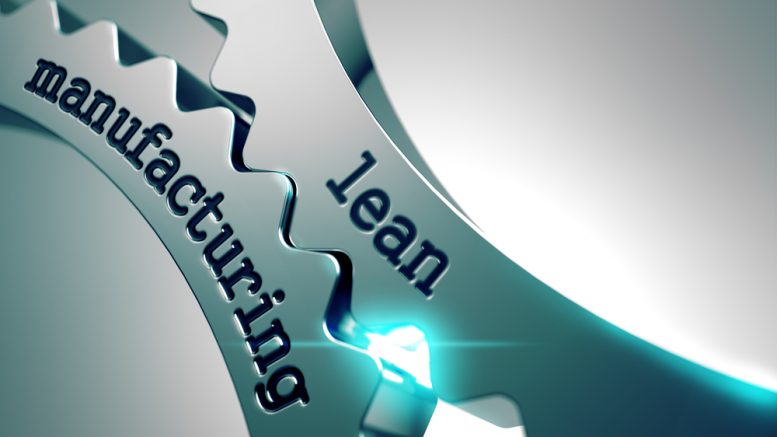I am frequently asked by business leaders, owners, and manufacturers,  what are the best ways to improve business results. Whether in times of crisis or times of growth, the answer often lies in the application of the fundamental principles of Lean.
what are the best ways to improve business results. Whether in times of crisis or times of growth, the answer often lies in the application of the fundamental principles of Lean.
There are five principles of Lean – Value Defined by the Customer, Respect for Standards, Waste Elimination, Visual Management, Employee Engagement – that now more than ever are key to surviving during the COVID-19 crisis and preparing for the return of the economy.
1. Value defined by the customer. The “Voice of the Customer” has changed as a result of this crisis. For almost every business, the “Critical Customer Requirements” are different than they were just a few short weeks ago. By now, most companies have adapted their products and services to meet these new requirements to the best of their ability. More importantly, manufacturers and business owners must anticipate what the new “Critical Customer Requirements” will be coming out of this crisis. Now is the time to determine these and prepare.
2. Respect for Standards. Now more than ever, a company culture built around “respect for standards” is essential. Implementing the Center for Disease Control’s (CDC) standards for protecting one’s employees is necessary for the safety and well-being of employees so that they can deliver the customer’s needs. Everyone must understand the importance of respecting these standards both inside and outside of the workplace.
3. Waste Elimination. Most are familiar with the seven wastes (non-quality, overproduction, waiting, transportation, inventory, movement, and excess processing). This non value-added work adds cost to one’s products and services. Elimination of waste is key. Especially during this crisis, the waste of “overproduction” – producing product that is not needed by the customer – and putting this product into “inventory” ties up valuable cash needed to sustain a business during these challenging times. Ongoing waste hunting, even during this crisis, will improve bottom line results.
4. Visual Management. Social distancing requires 6 feet of separation between people. How far is 6 feet? Making this distance visible on the floor by marking this distance in areas where individuals might congregate or walk makes it easy for people to understand. Thermal thermometers that provide a picture of an individual who might have a fever makes it easy to quickly assess those who might be at risk. Creating work instructions using pictures as to how to clean and disinfect a work area helps to ensure standards of cleanliness are maintained. Simple visual management techniques will help to ensure a healthy work environment.
5. Employee Engagement. Engaging one’s employees through frequent communication during this crisis is paramount. Listening and responding to their safety and health concerns will give them confidence to support your business in serving your customer. Asking employees for their ideas as to how to best meet the new “Critical Customer Requirements” that will be demanded once this crisis is over engages them in the future of the business. Take care of one’s employees and they will take care of one’s customers.
Not only will the application of these principles drive short term business results, but they also will enhance the creation of a Lean culture within one’s business. Creating a Lean culture is not something that should be put on hold. Quite the contrary. The application of Lean principles needs to be reinforced and leveraged to improve business results during this crisis and to prepare for when this crisis is over. What are the long-term benefits of a Lean culture?
A Lean culture is a culture that serves the customer’s needs and is continually improving through the elimination of waste. All of this leads to variation reduction in a business’s processes which leads to improve profitability and sustainable business results. These five Lean principles – Value Defined by the Customer, Respect for Standards, Waste Elimination, Visual Management, and Employee Engagement – are keys to success for any business at any time.
–
 About the Author: Mike Ungar is a Certified FocalPoint Business Coach and Trainer. He has 35 years of experience with Michelin in manufacturing and human resources. Mike is a graduate of the United States Military Academy at West Point and the Clemson MBA program.
About the Author: Mike Ungar is a Certified FocalPoint Business Coach and Trainer. He has 35 years of experience with Michelin in manufacturing and human resources. Mike is a graduate of the United States Military Academy at West Point and the Clemson MBA program.


Be the first to comment on "Five Lean Principles That Will Help Companies Through the Covid-19 Crisis"